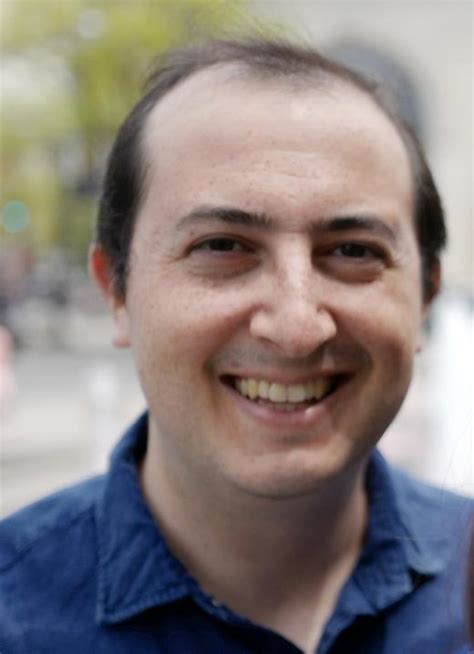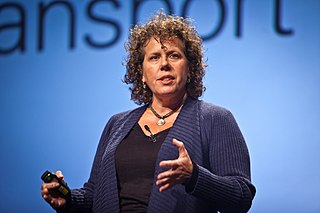A Quote by Spike Lee
The truth is I've been doing Kickstarter before there was Kickstarter; there was no Internet. Social Media was writing letters, making phone calls, beating the bushes.
Related Quotes
One of the successes of Kickstarter is that it takes the guesswork out of greenlighting games. Publishers of larger games have to carefully choose which titles they publish, lest they lose a bunch of money on a quirky game that doesn't sell. Kickstarter is all reward, no risk, since nobody has to pay if the project isn't completely funded.
I realized how valuable the art and practice of writing letters are, and how important it is to remind people of what a treasure letters--handwritten letters--can be. In our throwaway era of quick phone calls, faxes, and email, it's all to easy never to find the time to write letters. That's a great pity--for historians and the rest of us.
I never understood using Kickstarter for commercial purposes. If you want to raise money for commercial purposes, I think you should give someone a dividend. They make money, then you make money. It should be an investment, whereas I think Kickstarter's true purpose is raising money for things that are in and of themselves justifying.
Everybody has something now. It's become very over-saturated, and it's hard to weed out what's good, what you should watch and what you have time to watch. And Twitter was much less crowded, at the time, and it was an easier way to reach people. So, the combination of having a great video, a lot more access to people through Twitter, and having Kickstarter be this new thing in. We tapped into it, at its inception, and got people interested in it just based on the concept of what Kickstarter was. The timing was right.
When I was a kid, phone calls were a premium commodity; only the very coolest kids had a phone line of their own, and long-distance phone calls were made after eleven, when the rates went down, unless you were flamboyant with your spending. Then phone calls became as cheap as dirt and as constant as rain, and I was on the phone all the time.




































